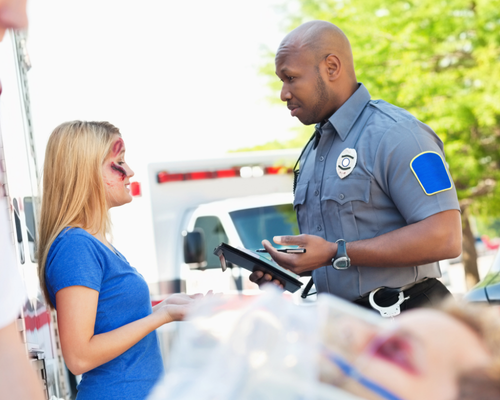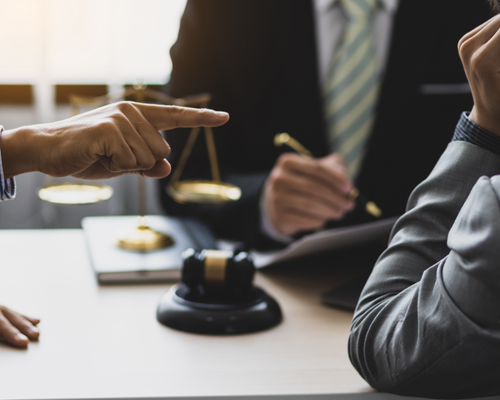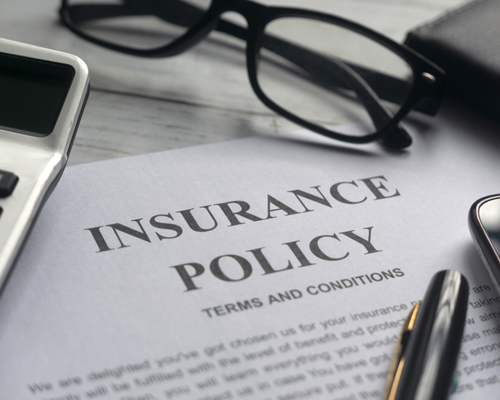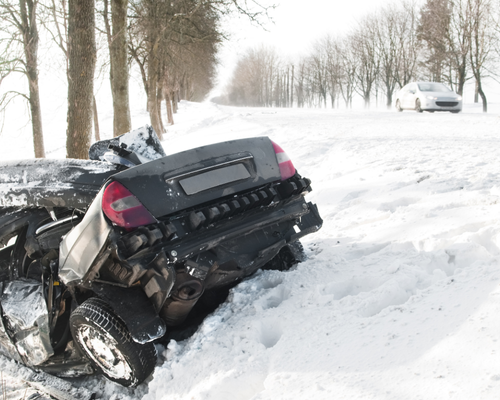If you’ve been hurt in a car accident in Connecticut, medical records can be the difference between a weak claim and a strong one. These records provide the proof insurance companies and courts need to understand your injuries, link them to the crash, and determine what compensation you’re owed.
1. Proving Your Injuries and Treatment
Your medical records tell the story of what happened to you. From ER visits and X-rays to surgery notes and physical therapy logs, every piece of documentation strengthens your case. These records show the nature, severity, and duration of your injuries—leaving less room for the other side to question your claim.
Doctor’s notes often include professional opinions connecting your injuries to the accident. That connection is critical. Without it, insurance companies may argue your injuries were pre-existing or unrelated.
2. Calculating Economic Damages
Medical bills are key to calculating the financial side of your claim. Records of hospital stays, prescriptions, rehabilitation, and follow-up care help determine what you’re owed for out-of-pocket expenses. If you’ll need future treatment, doctors can include those recommendations in your file—increasing the value of your claim.
3. Supporting Pain and Suffering Claims
Pain and suffering are harder to prove than physical injuries, but your records can help. Notes about chronic pain, limited mobility, emotional distress, or PTSD support your claim for non-economic damages. Mental health records and therapy notes can also be used to show the emotional toll of the accident.
4. Addressing Pre-Existing Conditions
Insurance companies love to blame your injuries on past medical issues. That’s why your attorney will use medical records to prove the accident caused new injuries or worsened a pre-existing condition. Imaging results like MRIs or CT scans provide clear before-and-after comparisons.
5. Demonstrating Consistent Treatment
Gaps in treatment can hurt your claim. If you miss appointments or delay care, insurers may argue that you’re not seriously injured. Consistent medical documentation shows that your injuries are legitimate and ongoing—helping your attorney push for full compensation.
6. Strengthening Settlement Negotiations
Insurance adjusters rely heavily on medical records to determine settlement offers. A well-documented file makes it harder for them to lowball you. If you have extensive records showing the impact of the crash on your health and life, your attorney can negotiate from a stronger position.
7. Preparing for Trial
If your case doesn’t settle, those same medical records become critical evidence in court. Your lawyer may use them to cross-examine experts, challenge the defense’s claims, and explain the full scope of your injuries to a jury.
At Vining Law Firm, we know how to use your medical records to build a clear, compelling case. From negotiating with insurers to preparing for trial, we make sure your injuries are taken seriously and your recovery is respected.
If you’ve been injured in a car accident in Connecticut, contact us today for a free consultation. We’ll review your case, explain your next steps, and fight for the compensation you deserve.
Victory Starts with Vining Law.
Disclaimer: This blog is for informational purposes only and should not be construed as legal advice. Consult with a qualified attorney for legal guidance specific to your situation.









